|
10/31/2019 0 Comments Tell Your Story, Make ChangeWhen we tell a story the world changes. Nothing remains the same.
First, you are different. Because in order to share your story you first had to articulate a specific point of view. You were deliberate about connecting the dots in a novel way. And then you took a stand. Second, you changed the expectations of a group of people. Those people who share your values. They see things differently because of your story. Finally, you changed expectations for the rest of us. You altered how we view customs and lifestyle choices. We all hope for something more after hearing your story. No one else envisioned a coffee shop that provided job training for international refugees. Or that an outdoor clothing company would lead an international effort to give workers the day off to vote on election day. You also have a unique way of looking at the world. Tell us that story.
0 Comments
10/28/2019 1 Comment A Story of "NO"We are often told to avoid negatives. That “YES” carries more weight.
But an emphatic “NO” is celebrated today in Greece on OXI Day. At 3 a.m. on October 28, 1940 Mussolini delivered an ultimatum to Greece – a demand that the Italian army be allowed passage across the border and enter unopposed. The Greeks responded with “OXI” – the single word “NO”. The laconic reply became a rallying cry. A “no” to occupation. No to Fascisim. No to tyranny. “OXI” became a story. Saying “NO” changed the world. The Italian army was held up by strong Greek resistance. The Nazi’s diverted resources to finish the job and occupy Greece. That delayed their invasion of Russia into a harsh winter. And that altered the course of WWII contributing to an Allied victory. You can make change by saying no. No to a client with whom you do not want to work. With courtesy and in a timely manner. That gives you the resources to do something else. No is also a story. 10/24/2019 0 Comments Open with EmotionImpactful stories earn our attention through emotion. An emotion that connects to a deep desire. A desire to avoid loss. A longing to be important. A craving for love.
Open your story with strong emotion. Now that my heart is engaged, my mind will follow. Tell me you can guide me to happiness, like this sign in front of Bantam + Biddy. Lure me into your story, into your brand, with an emotional story. Novelists know the importance of an emotional opening line. One of my favorite authors, Donna Tartt, opened her debut work, The Secret History, like this: “The snow in the mountains was melting and Bunny had been dead for several weeks before we came to understand the gravity of our situation.” Give me intrigue. Make me want to learn more about your offering. 10/21/2019 0 Comments PerspectiveNobody has ever seen the glorious sunset you just experienced. In fact, you yourself will never see that one again. But your perspective on it can be captured. And sharing that perspective has the power to change someone.
Last Friday everyone’s Instagram feed in Atlanta blew up with dozens of photos of neon pink and blue clouds just after sunset. We all wanted to share that story. And nobody saw it the same way, even though we were all looking at the same sky. You may have watched the sunset from your backyard while your kids played with the dog. Someone else may have watched while walking back from a romantic dinner. Or from the window of the hospital room where her father lay dying. Your perspective is important to the story you tell. Bring every bit of yourself to the story you are telling. The people you are trying to change deserve it. They will connect if your perspective is honest. Cultivating your audience leads to awareness and, over time, trust. The kind of trust that creates engagement with your brand. And engagement gives you the opportunity to serve and profit.
Cliff knows about cultivation. And beer. His BREW-ed tours of Ashville breweries mix entertainment and education delivered to lager lovers as we quaff excellent local brews. Cultivating a plot of earth requires labor and care. Turning over soil so that it is ready to receive seeds. Digging in. Educating. Telling a story. If I understand you -- if I learn something about your offering, its history, how it works – then I am more inclined to engage. I’m more likely to buy. If you cultivate a plot of soil your seeds stand a better chance of yielding a profit. After I took the tour, I went back to one of the breweries and bought beer. Cheers. Now go cultivate. 10/15/2019 0 Comments SignalsStories are signals. A way to connect with people you believe might share your values. Those that possibly think the way that you do.
You can do this by sending up a flare. One that says “Here I am. Do I remind you of something?” It doesn’t have to resonate with the world at large. Just the people you want to connect with; the people with whom you want to collaborate. Which means it can be delivered in code. A semaphore flag. An inside joke. I snapped this photo at a Whole Foods check-out line. If my basket includes organic kale and probiotic kefir then this clever message, the language it uses, the topic it introduces, might appeal to my sensibility. Are you sending signals? Are they intentional? 10/9/2019 0 Comments All the World’s a StageThe audience is settling into the theater. The marketplace is full. There is a palpable desire. People are yearning to hear a story that will ease their discomfort. One that will give them a reason to hope for a better future. To be told they are part of something bigger.
You might be presenting a comedy. Or, perchance, a drama. Either way, they showed up because the marquee, the pose you struck, gave them an inkling of what to expect. You got their attention. Remember, you are not just the actor, you are also the playwright. Now be intentional with your story. “All the world’s a stage” Billy Shakes 10/8/2019 0 Comments A Short Fish StoryThe words in your story must be interpreted by your audience. Terms that listeners first translate in their minds to create an idea. They can be stumbling blocks. The fewer words you use, the better. Like the old saw about the fishmonger’s sign “Fresh Fish Sold Here.” Well, yeah, I don’t want old fish, I’d assumed they weren’t free and, of course, they are here under your sign.
So, “Fish.” Better yet, tell us a fish story. Chef Donny Raymond at Hopstix restaurant in Chamblee, GA celebrates the Bluefin tuna he has flown in from Japan for his weekly #TunaThursday special. Now you have my attention. What is your fish story? 10/3/2019 0 Comments ListenOn my morning jog today I left the headphones behind and focused on listening to ambient sounds encountered on my run.
I just listened. I didn’t plan out my day or think about yesterday’s failures. I heard the hum of cicadas everywhere. Birdsong – different melodies in each tree. Cars whooshing by. My own labored breathing up the hills. The footfall of my sneakers. The crunch of dry leaves underfoot from kids walking to the bus stop. A lawn mower rumbling across the golf course. If you listen with intention, you’ll hear a lot. Listen today. What do you hear when you are doing your best work? What does it sound like to be a customer of your business? What do they hear? Music? Your voice? Your answering message? What is your tone? When do they hear from you? What are you telling them? What are they telling you? What does your brand sound like? What emotions does it evoke? What mood does it set? Is the sound soothing? Whimsical? Energetic? Inspiring? What does your story sound like? 10/1/2019 0 Comments Your Premise Affects Your PromiseAs a teenager Nancy Regan implored us to “just say no” to drugs. That posture carried a heavy burden of shame and changed the storyline of what actions came next. How our culture addressed the issue of addiction.
I thought of this after seeing today’s Google doodle honoring Dr. Herbert Kelber, a psychiatrist who pioneered a compassionate way of looking at substance abuse. He understood it as a medical condition rather than a moral failure, an inability to just do the right thing. His research, following work at a prison hospital treating inmates with addiction, showed that therapy and medication prevented patient relapses. Deciding what story we believe changes outcomes. Your premise – the “theme” of your story – makes a huge difference in results. If you are intentional in the framework of that story, the results will be different. You will show up to the marketplace with a different promise for your clients. What premise is fueling the story you are telling your customers? What assertions are you making about the mindset of those people that you want to serve? What is the theme of your story? Premise leads to promise. Promise leads to action. Those actions will either build trust or disconnection. It all begins with story. If addiction is impacting your life, there are solutions: https://www.centeronaddiction.org |
Petro KacurI have a variety of interests and enjoy sharing my reflections on them here. Archives
March 2021
Categories |
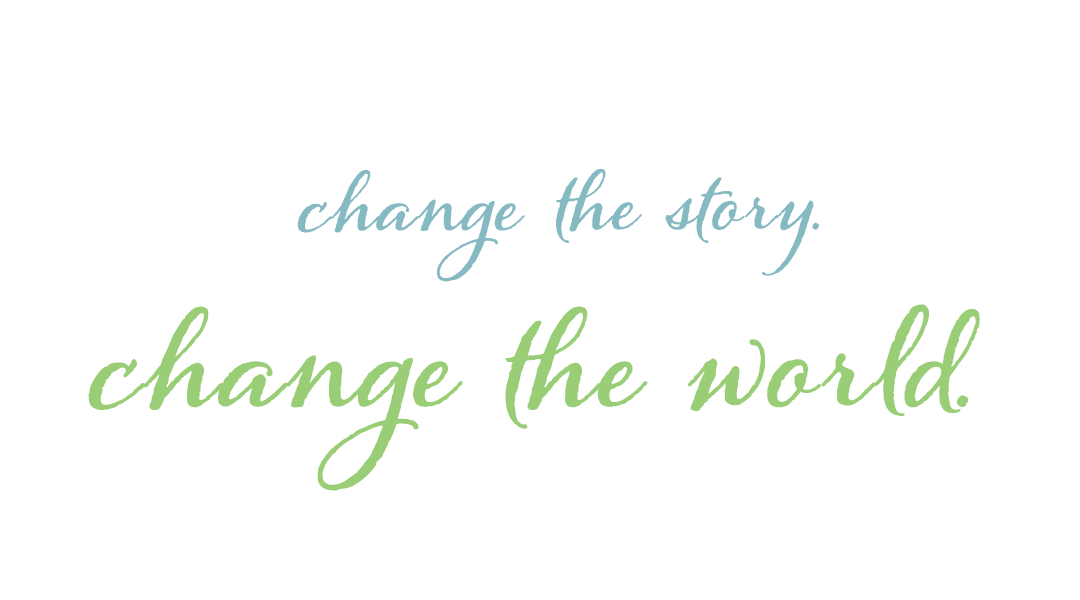

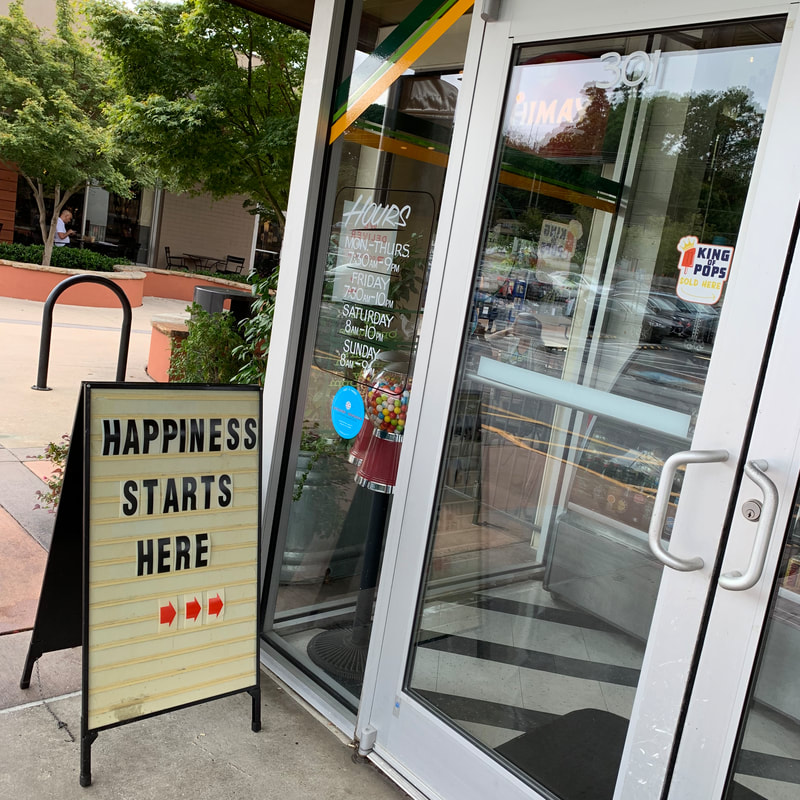

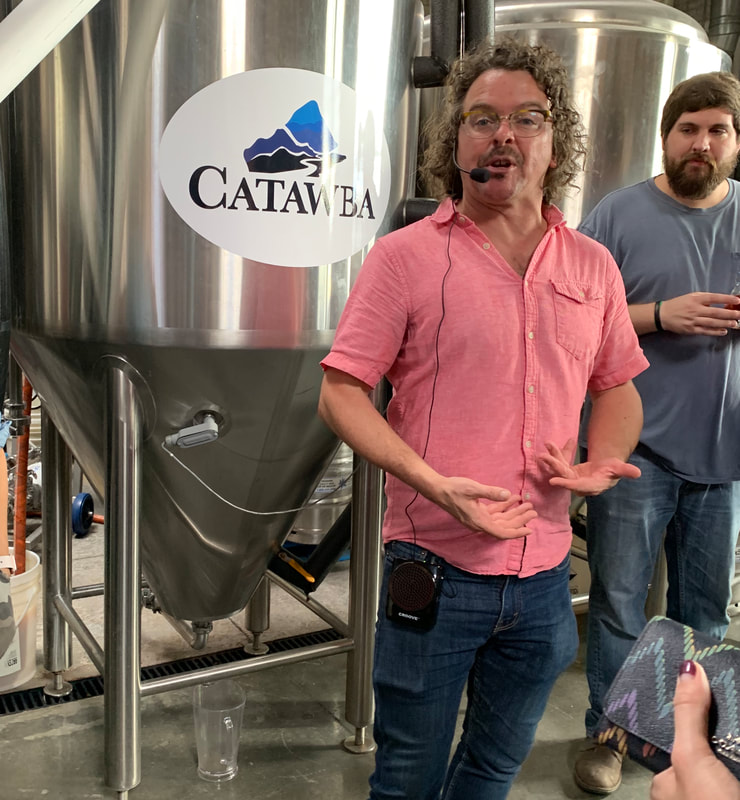
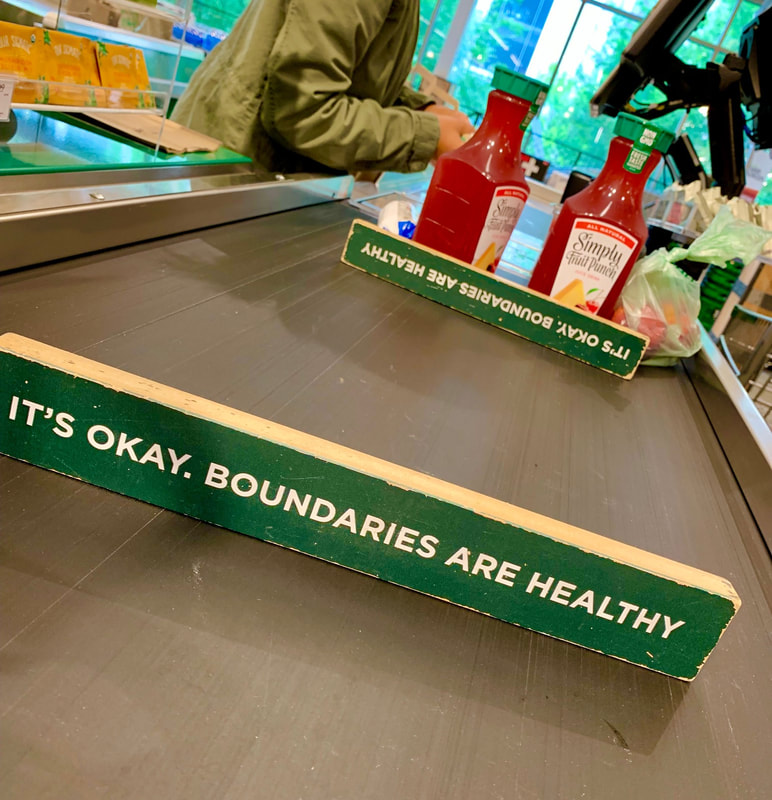
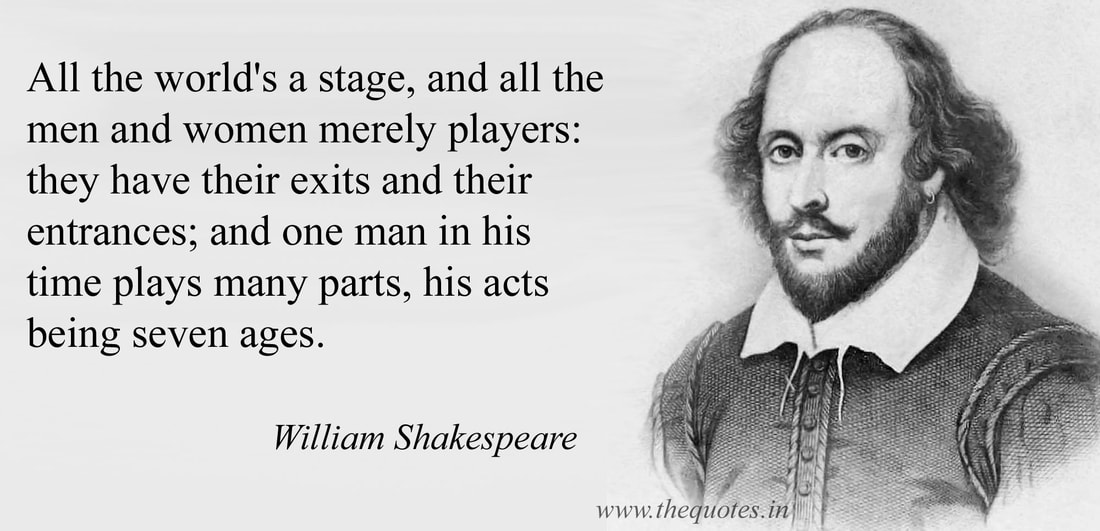
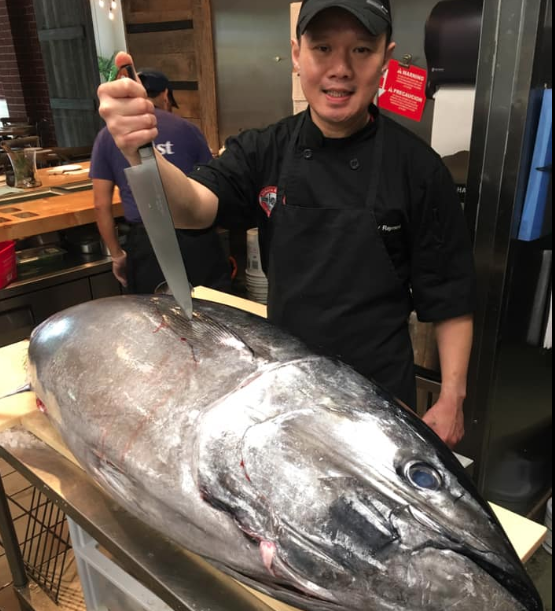


 RSS Feed
RSS Feed